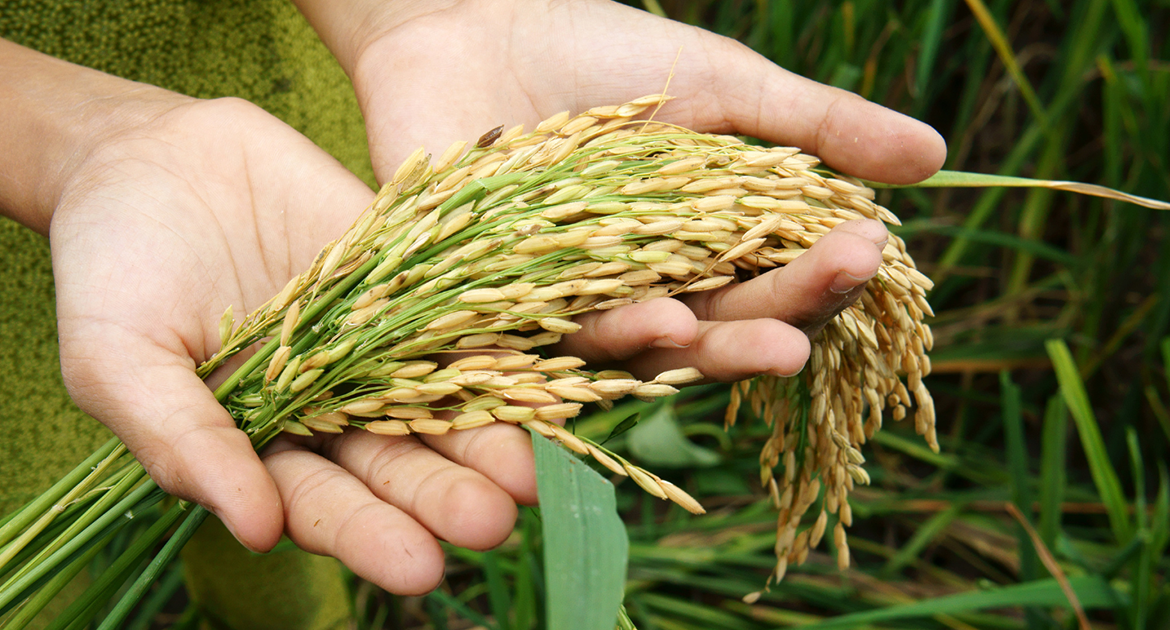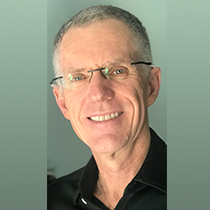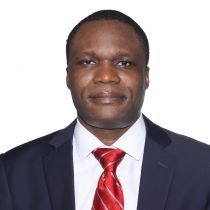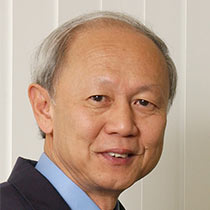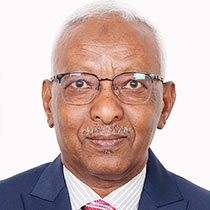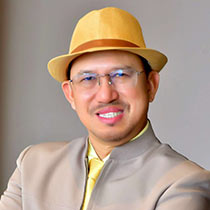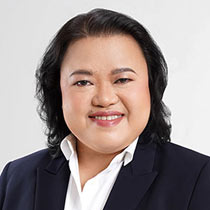Course Description
This course will explore food security, food self-sufficiency and the food price dilemma faced by agricultural price policies. It will examine the different types of policies used to achieve those objectives and discuss their advantages and disadvantages. Finally, it will discuss drivers of structural and agricultural transformation, and the role of agriculture in alleviating poverty and malnutrition.
Course Objectives
By the end of the training course, the participants should be able to:
- Explain the difference between food security and food self-sufficiency
- Understand the different types of policies that can be used to achieve self-sufficiency in key foods and their impacts on food security
- Describe the tradeoffs involved in food trade liberalization
- Understand the drivers of agricultural and structural transformation, and the importance of agriculture for nutrition
Target Learners
The course is designed for CGIAR staff, university PHD and MS students, policy makers, and NARES professionals interested in advancing agriculture and food systems.
Key Modules:
- Food security, self-sufficiency and the food price dilemma
- Determinants of rice self-sufficiency in SE Asia
- Costs and benefits of using world cereal markets for food security
- Structure and stability of world cereal markets (rice, wheat, maize)
- Impact of rice trade liberalization in various countries
- Drivers of structural and agricultural transformation
- The role of agriculture in food security and nutrition
Learning Modality
The course will be delivered face-to-face with a mixed modality of synchronous and asynchronous discussions involving theoretical concepts, practical and hands-on exercises.


